Drop Everything and Revise




Today we will:
- Discuss your exam dates starting in November.

- Understand exactly what you need to revise for each subject, in detail.


- How you can create a plan for revision, from now until your exams.
- Things to consider and avoid.
-
PPE results day in December
Friday 15th Dec 60 school days






Imagine:


- Feeling butterflies and panic as you know you have messed up.
- Worry about telling people what has happened.

- Thinking of how you can even start to sort things out.

Imagine:
First Real Exam

Thursday 22nd August 140 days
- Feeling the joy of seeing of great results.

- The excitement of who to call and message.




What would you say?
- Thinking of how relieved you feel after all the worry and waiting.
Where do you go mentally when things are hard?


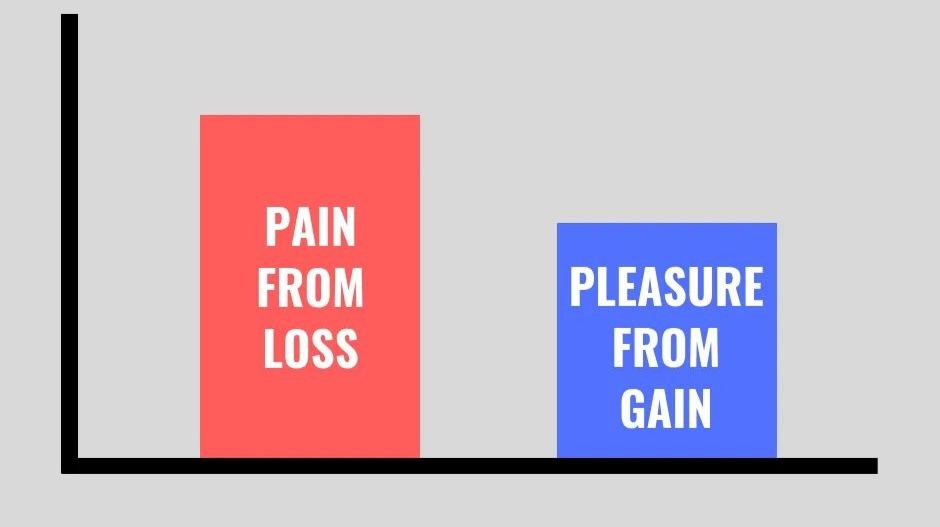
British Cycling

1 x Olympic medal since 1903

Zero Tour De France wins in 110 years
Bike manufacturers wouldn’t sell their bikes to the British team as they thought it would harm sales
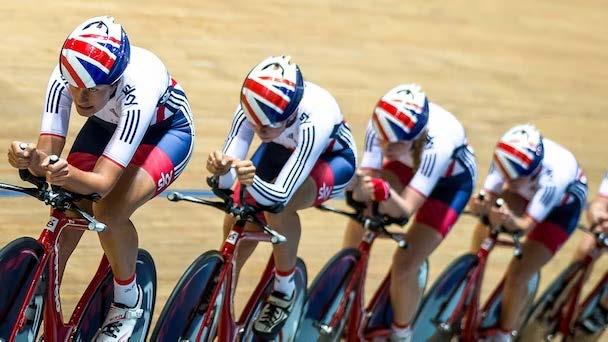
2004 Olympics – 2 x Gold
2008 Olympics – 8 x Gold
2012 Olympics – 8 x Gold

Tour De France, 5 wins in 6 years

Dominated Tour De France for a decade
 Sir Dave Brailsford was hired as head coach to improve British Cycling in 2003
Sir Dave Brailsford was hired as head coach to improve British Cycling in 2003
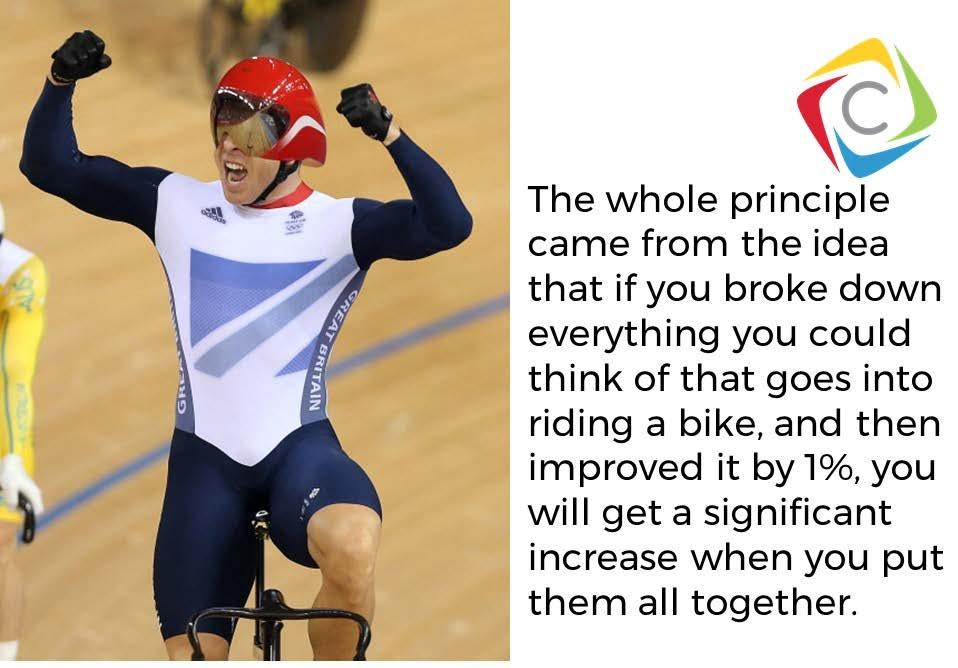


Slightly more comfortable seat
Heated shorts to maintain muscle warmth

Slightly lighter and more aerodynamic helmet

Lighter racing suit
Rubbed alcohol on tyres to make it grippier
Learned how to wash hands correctly, to prevent the chances of getting colds

Took the same pillows, duvets and mattresses to races.
Painted the insides of their trucks white so they could see any dust
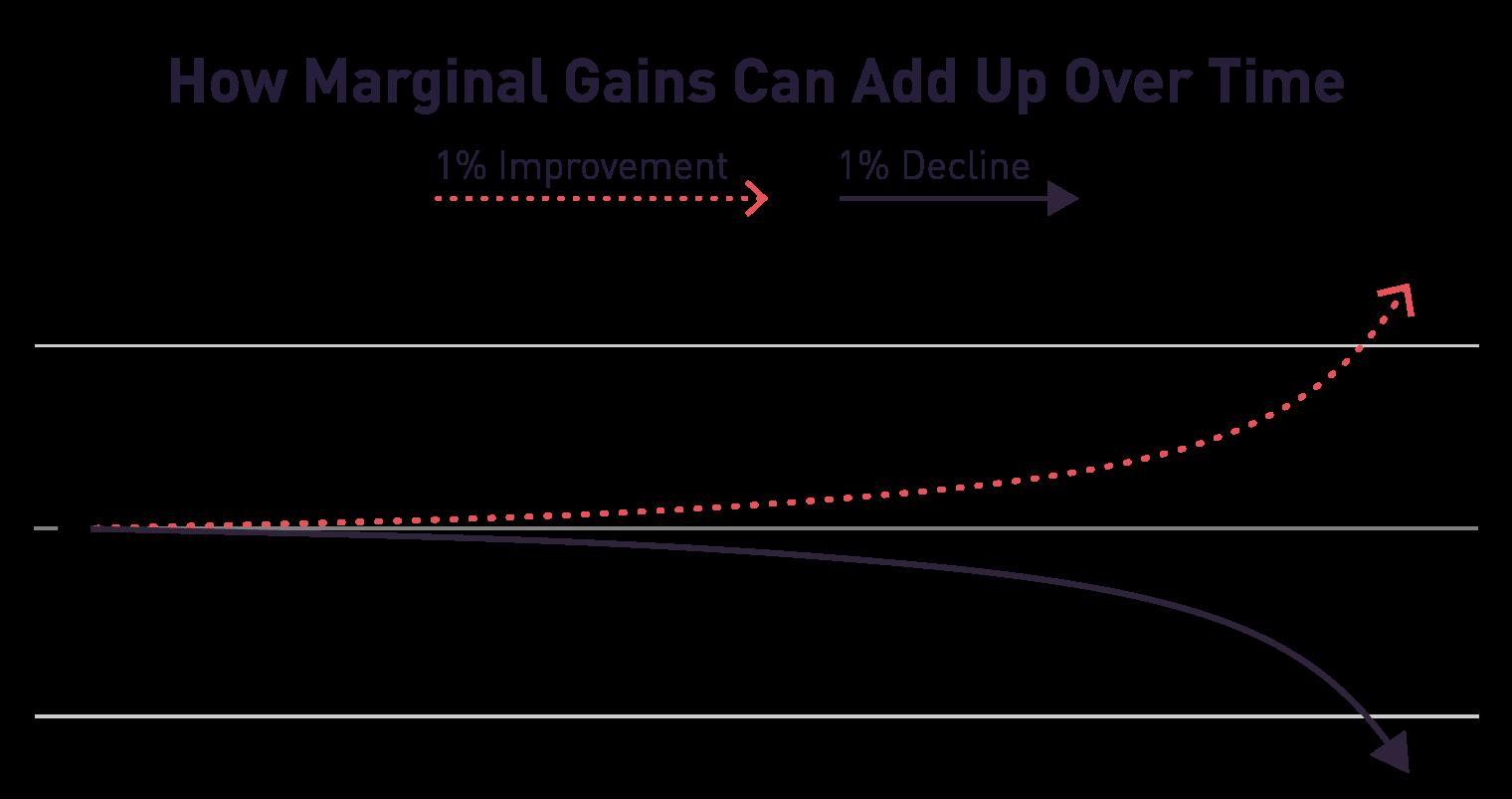


March April May
How could you make small gains over the next two months?
1. Have a long term overview of when your exams are

2. Know exactly what to study for each subject

3. Create a detailed revision plan, reviewed each week
4. Understand and use scientifically proven revision strategies
5. Nutrition
6. Sleep
7. Exercise
8. Stress

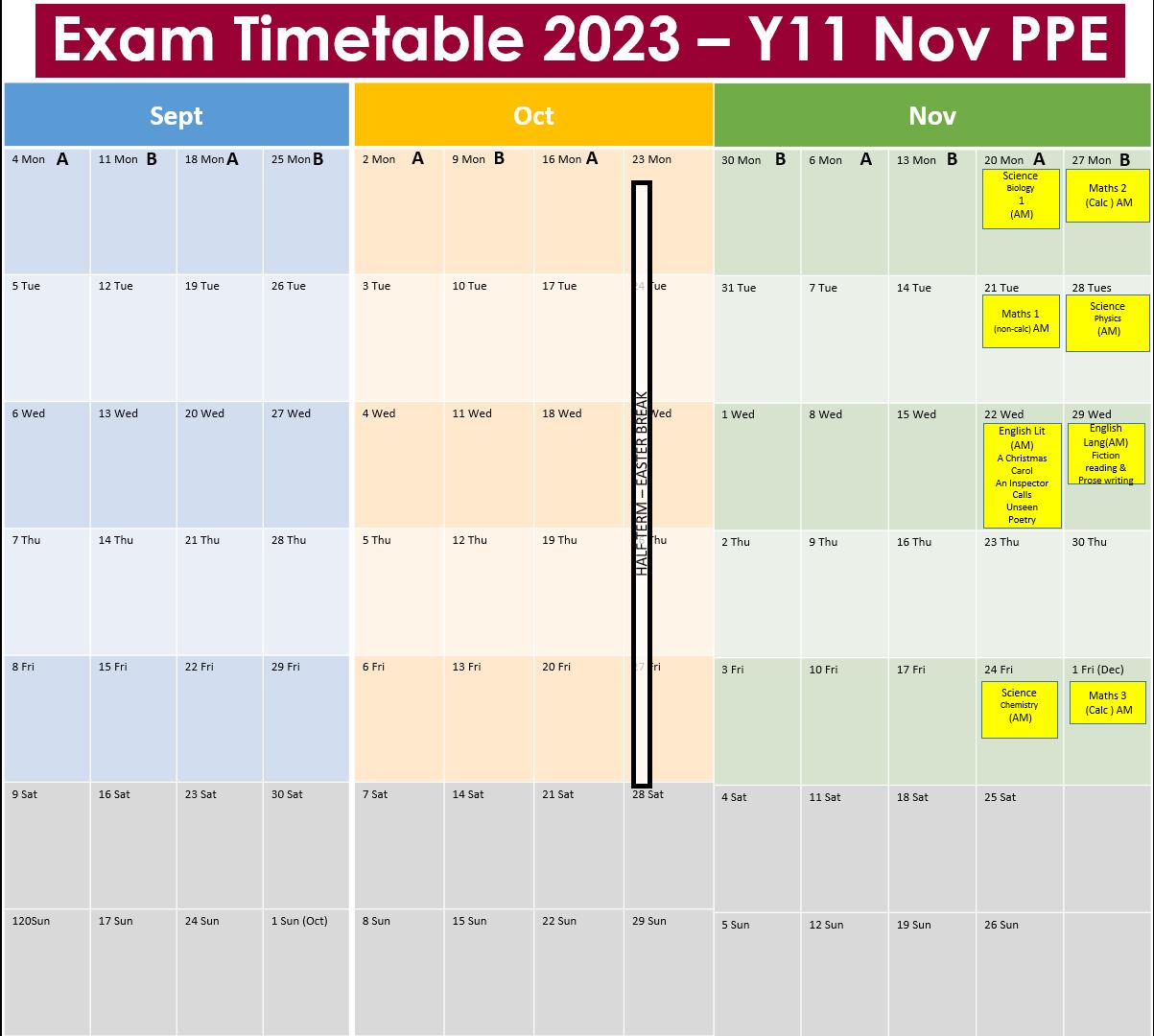

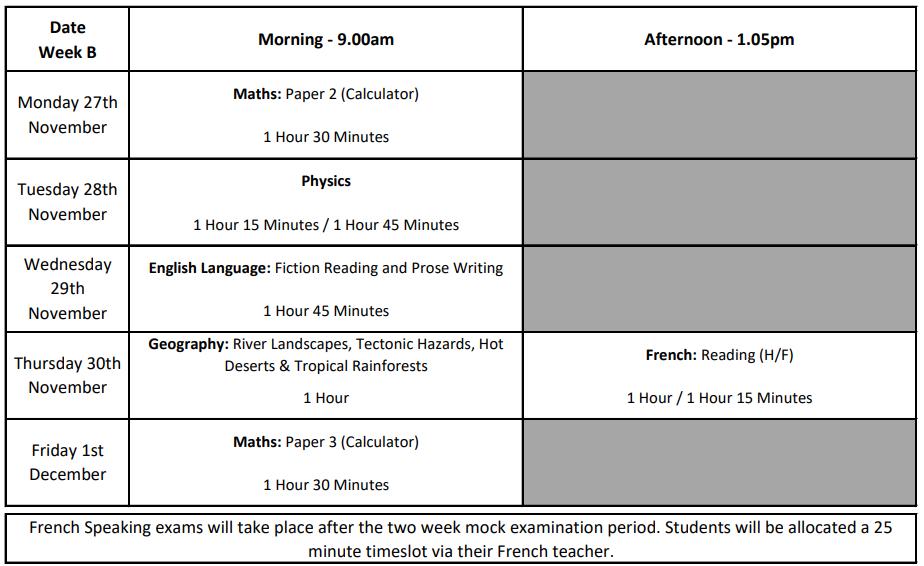
TASK:
1. Tick off all of your Core Subjects:
- English (language & literature)
- Maths (calculator & non-calculator)
- Science (Biology, Chemistry, Physics)
2. You are left with your other options subjects. Add these to your A3 “Exam Timetable 2023
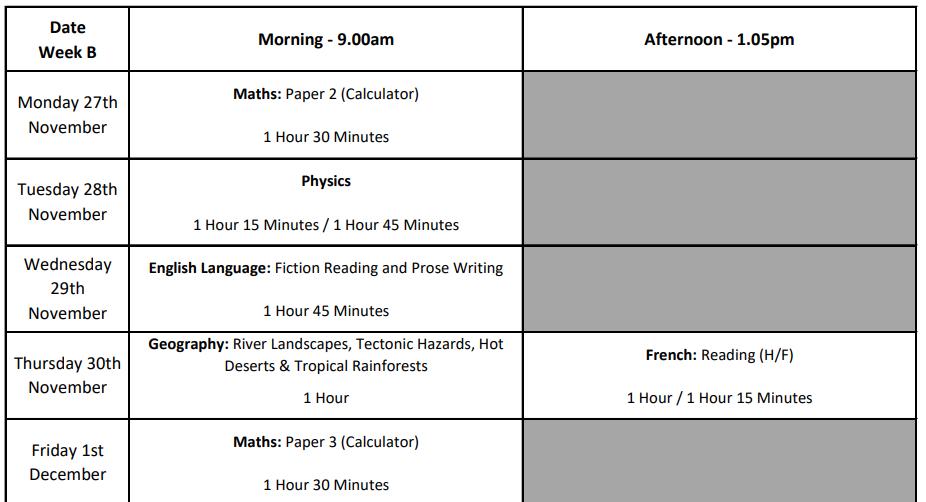

✓
”. ✓ ✓ ✓ ✓ ✓ ✓ ✓
Science: Biology (Paper 1)
Topic T4.1 Cell biology
Topic T4.2 Organisation

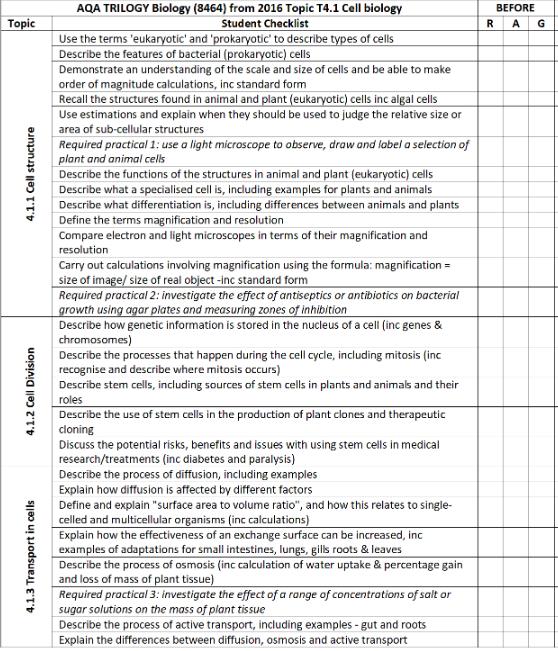
Topic T4.3 Infection and response
Topic T4.4 Bioenergetics
GCSEpod x
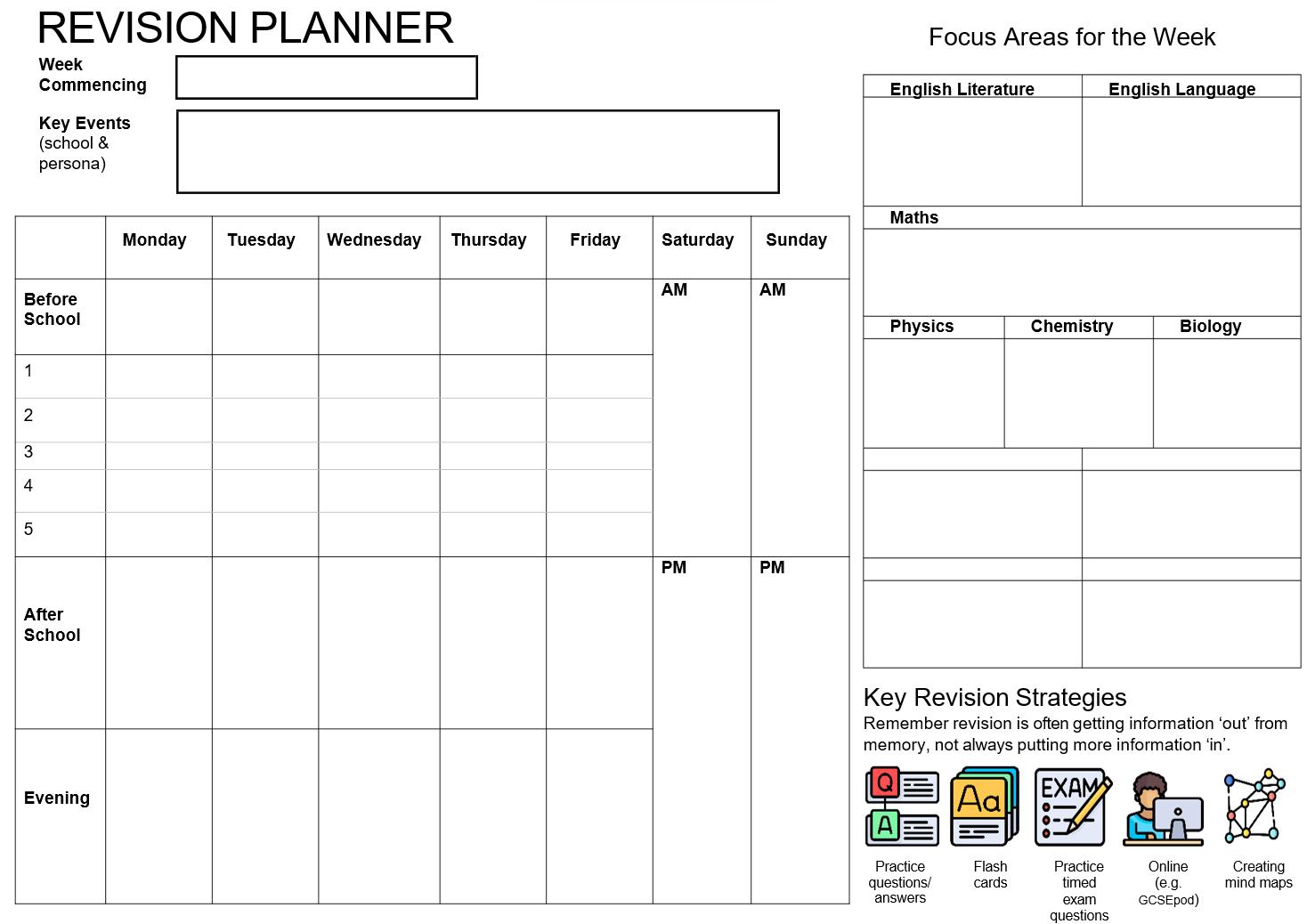
Mon 13th March
- PPE2 results - Fri 17th March
- Friends birthday Thurs
- Art exam preparation
20 C fiction REVISIT
Choice of topic I had most difficulty with
20th C fiction reading Algebra
Macbeth characters learn
Energy Atomic structure & periodic table 4.1 Cell Biology
Geography River Landscapes –
Long profile & upper middle lower
History Norman Conquest Part 1
1 Cell biology 4.1.1 Cell Structure 20 mins 4.1.1 Cell Structure REVISIT 4.1.2 Cell Division 20 mins 4.1.2 Cell Division REVISIT 4.1.3 Transport In Cells 20 mins 4.1.1 4.1.2 4.1.3 REVISIT ALL & PRACTICE EXAM Q’s Macbeth characters 20 mins Alegbra 20 mins Macbeth characters REVISIT 20th C fiction reading 20 mins Algebra REVISIT River Landscapes 20 mins Norman Conquest 20 mins River Landscapes REVISIT Norman Conquest REVISIT
GCSEPODS Remember
Football
birthday card PPE results today
The option of digital planners

https://getrevising.co.uk/planner
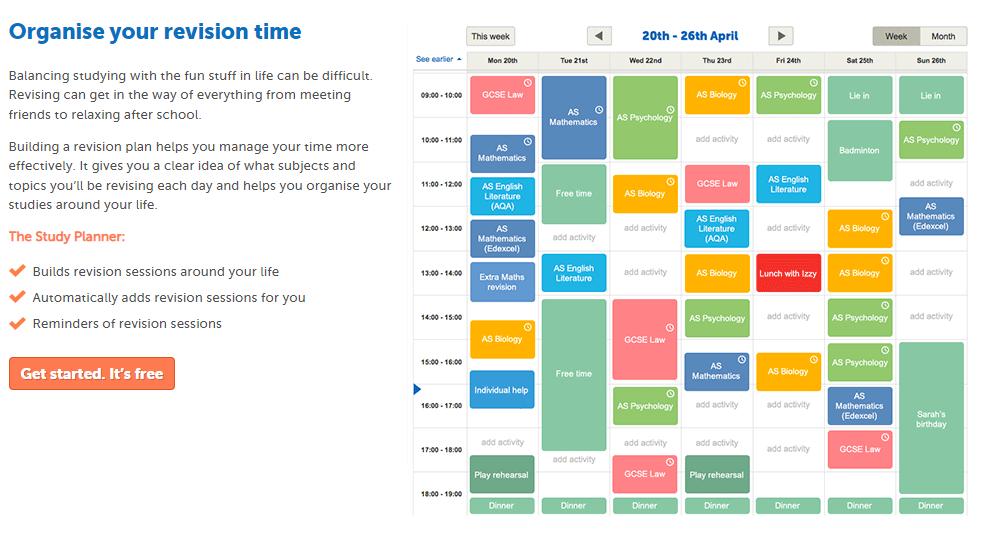
Things to consider when creating a revision timetable
- What are your priorities?
- How long should each session be?
- How will you get the best from each session?
- Make it visible.
- Tell others about your schedule.
- Don’t be afraid to fail. Then start again.
- Take breaks.
- Think about rest, nutrition, hydration – we will cover this.
Your action plan
- Go home and find a place to pin these two sheets up.
- Take a photo and show your house tutor.
- If you miss a session or a day, that’s ok. Get back on it.
- Tell someone!
- Be prepared to not feel much difference after one or two sessions. Slow gains.
What would happen if I watered my garden once a month for the full day?
It might look greener for a few hours but…….
Too much water = drowned plants =dead garden
Water and time is wasted, and nothing grows

Solution?
A healthy amount every few days will create a beautiful, productive garden

What would happen if I worked out in the gym once a month for the full day?

The first hour might be fine but I’d soon get tired.
The next day I would be exhausted and probably get ill.
I definitely wouldn’t be getting fitter.
Solution?
A healthy amount every few days will create a strong and healthy body


Worked out the link between the two examples and learning?
Cramming = unproductive and destructive

It may feel like you’re learning, for a while. You’ll become exhausted and actually retain very little information.
Result? Poor performance in exams.
KNOWLEDGE

Brain
Quizzing

Reading Highlighting Watching Listening Conversation
dump
Talking
Question Practice FINAL EXAMS
Exam
strategies.
1. Make a start.
2. Do some every day.
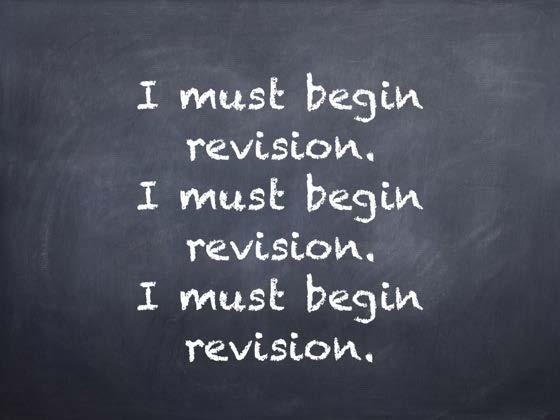
There is no perfect way to revise, but there are proven strategies. People have success with different
You could start with getting out what you already know – Brain dump.
Check your learning checklist, and empty your brain

But if you don’t know anything, that can be demoralising.

Our first revision session was about Cell Biology, specifically Cell Structure.
Before reading new information, practice what you will need to do in your exam and put your brain under some strain to extract information
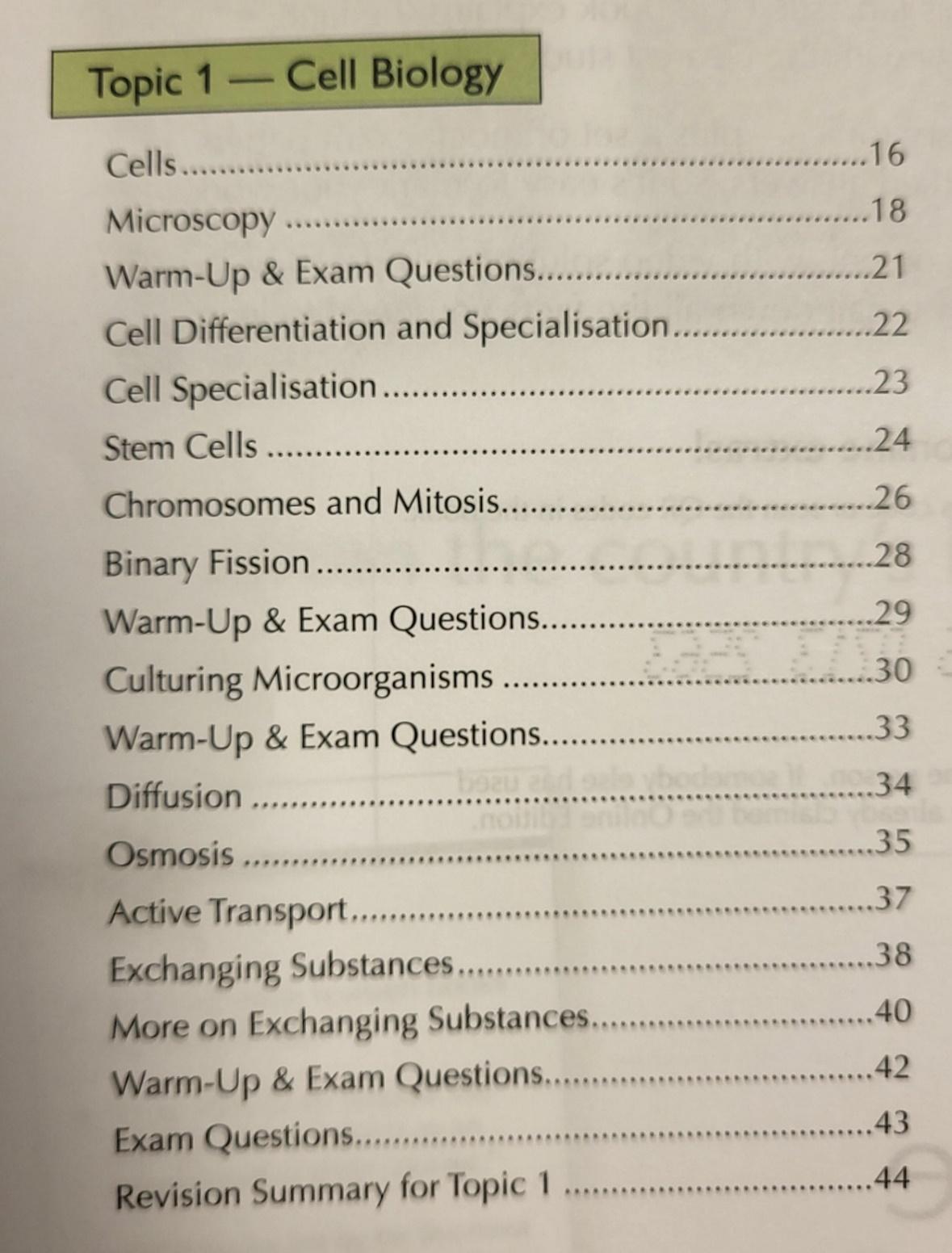
TASK 1: Take two minutes to write down everything you can remember about cell structure
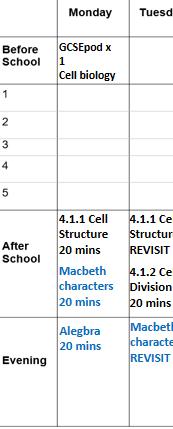
Expect this to be hard work. You may have written very little. You also may have to work your brain a little harder than you are used to.

How do we now get this to go in?
Read? Highlight?
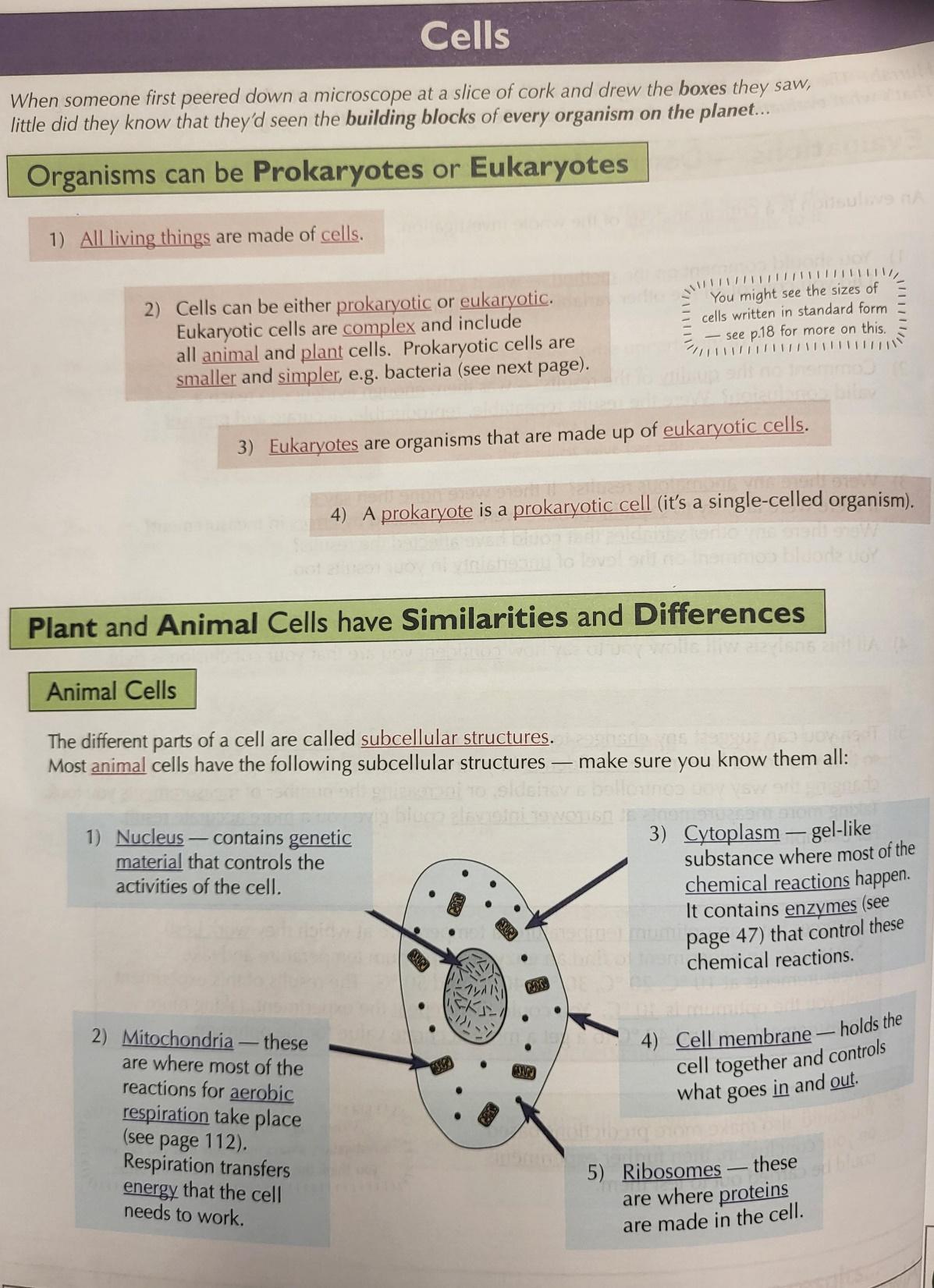
Mind map? Flashcards?
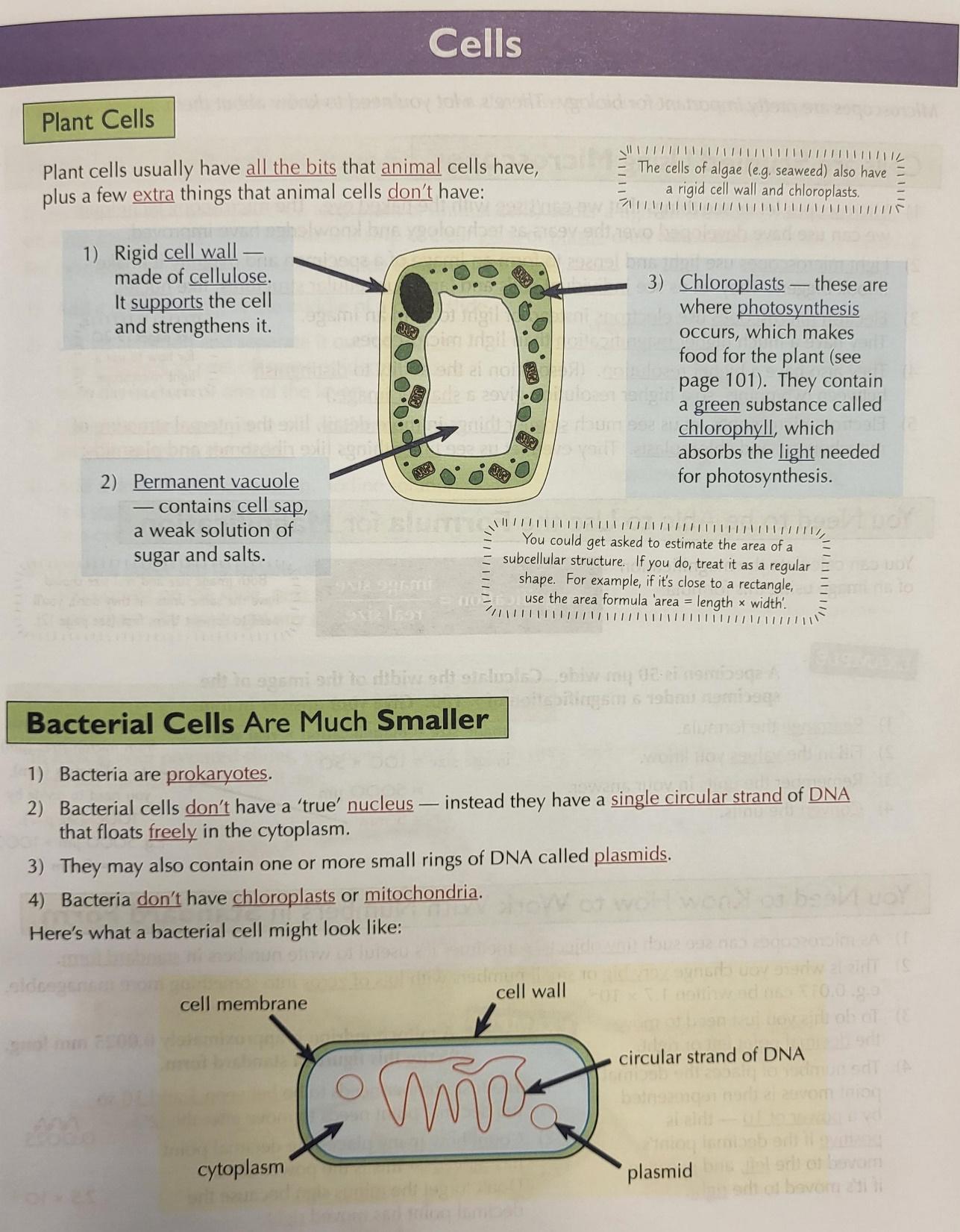
You have a choice Mind Maps
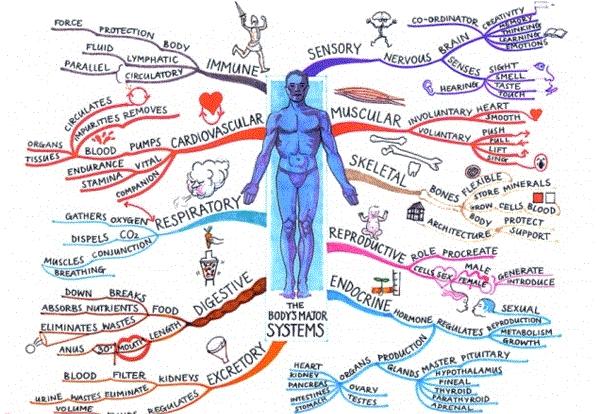
Large parts of a topic
Brief text with pictures
Stick it up somewhere to trigger strong memories
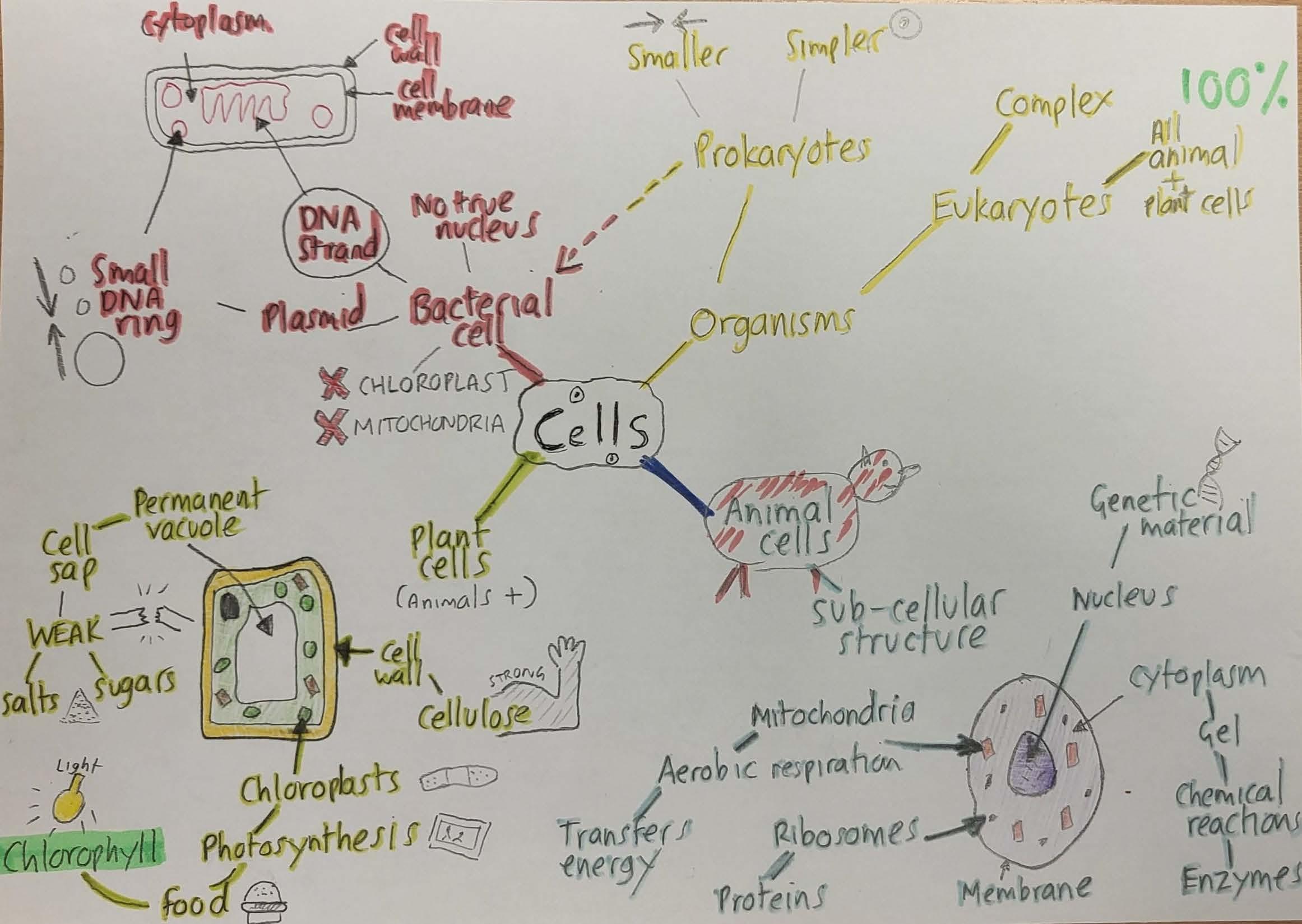
TASK 1: Create part of a flashcard for “Cell Structure”
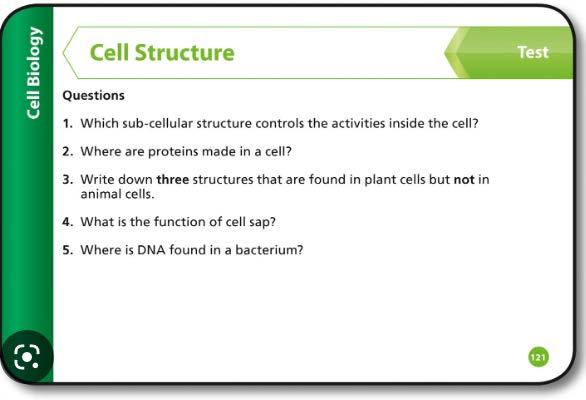
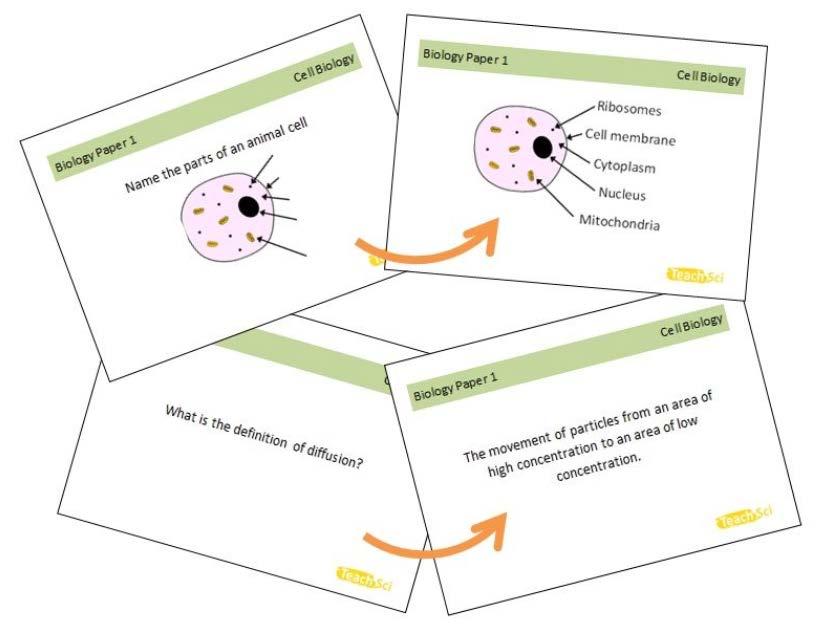
These can be made, or can be bought
TASK 2: Swap your flashcard with the person next to you and try to answer their question
Exam practice
https://revisionworld.com/gcse-revision/gcse-exam-past-papers
Flashcards
https://www.brainscape.com/learn/gcse-geography-aqa
Mnemonics
For list like information, such as steps, stages, parts

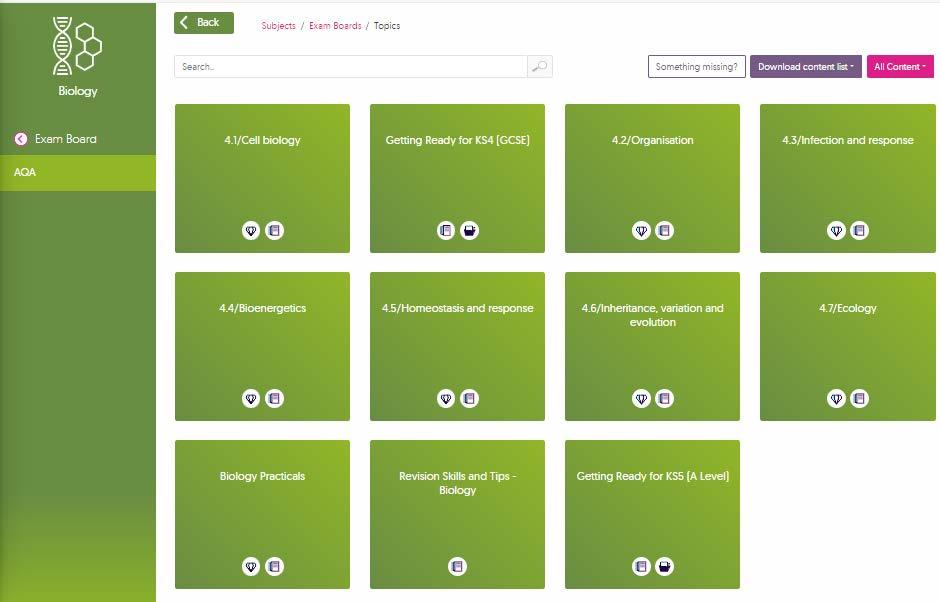

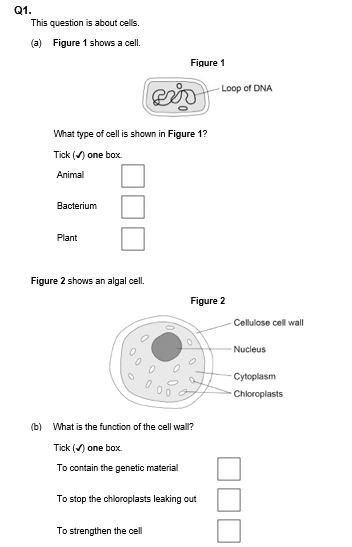
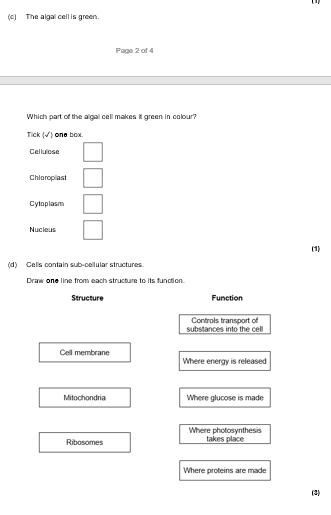




OVERVIEW REVISING PERSONAL HABITS
1. Know when your exams are
4. Attempt to learn material (IN) and test yourself (OUT):
5. Nutrition
2. Add them to a timetable
3. Create a revision timetable each week with specific priorities, using your learning checklists and revision guides
-
Braindumps OUT - Mind maps or flashcards IN - Reading IN -
GCSEpods IN - Testing (quizzes, exam questions) OUT
6. Exercise
7. Sleep
Getting these right will have a HUGE impact on your stress/anxiety levels
Good habits for revising Bad habits for revising
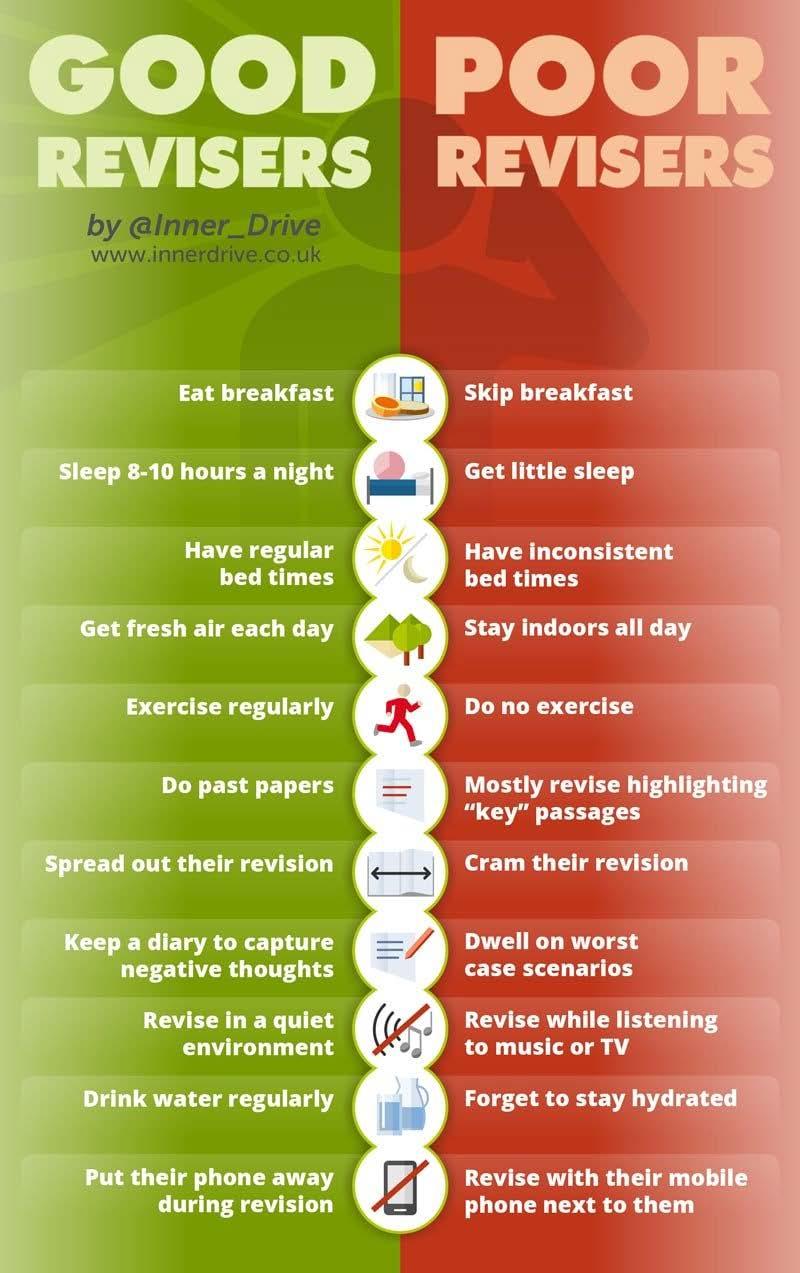




























 Sir Dave Brailsford was hired as head coach to improve British Cycling in 2003
Sir Dave Brailsford was hired as head coach to improve British Cycling in 2003







































